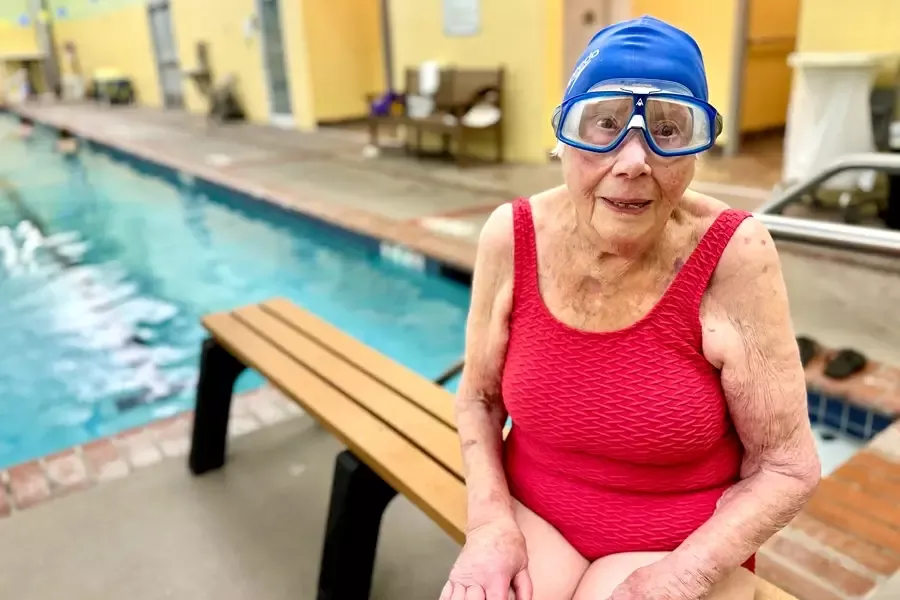
Varicose veins, those unsightly and often uncomfortable bulges that commonly appear on the legs, affect millions of people worldwide. While they may seem like a mere cosmetic nuisance, varicose veins can signal underlying health issues and significantly impact one’s quality of life.
Understanding the causes behind varicose veins is crucial for prevention and effective management of this condition. From genetics to lifestyle factors, a number of elements may cause varicose veins, such as:
Gender
While both men and women can get varicose veins, women tend to be most impacted. Research suggests hormonal changes, including before a menstrual period or during pregnancy or menopause, could be why more females suffer from varicose veins than males. Birth control pills and hormone treatments may also lead to an increased risk of varicose veins.
Age
As a person gets older, the valves in their veins age, too. This can result in some valves allowing blood to flow back and collect, causing varicose veins.
Family history
Did your parents or grandparents have varicose veins? If so, you may have them, too. That’s because valve irregularities and vein wall conditions tend to run in families.
Obesity
Extra body weight puts pressure on your veins, making you more susceptible to this vascular condition.
Pregnancy
While busy growing life, a pregnant woman’s blood volume increases to support her new baby. As a result, her veins can visibly enlarge and become painful.
Work conditions
If you work a job where you stand or sit for long periods of time, you may develop varicose veins.
Looking for ways to lower your risk of having varicose veins? Check out these tips:
- Avoid high heels or tight stockings
- Get more movement
- Exercise regularly
- Eat more fiber and less salt
- Maintain a healthy weight
If you’re concerned about varicose veins or other vein issues, our vein specialists at HH Health have you covered! Using minimally-invasive techniques, we treat:
- Varicose veins
- Restless legs
- Ankle swelling
- Leg pain, aching, cramping or fatigue
- Leg ulcers, open wounds or sores
- Burning or itching on the legs
For more details on our services, treatment benefits and locations, visit huntsvillehospital.org/vein-services.


